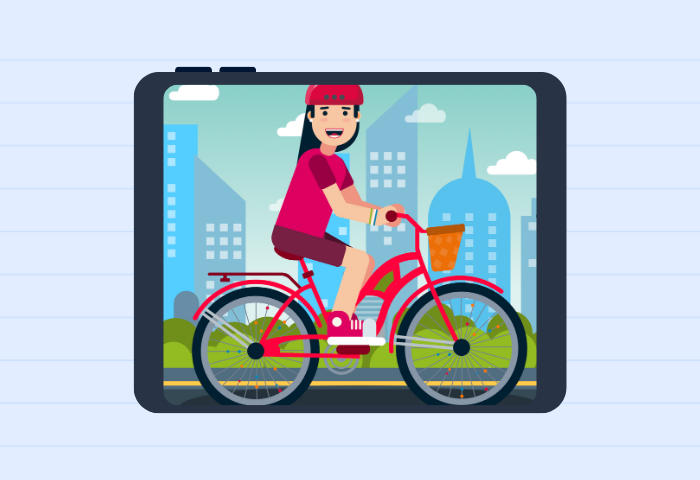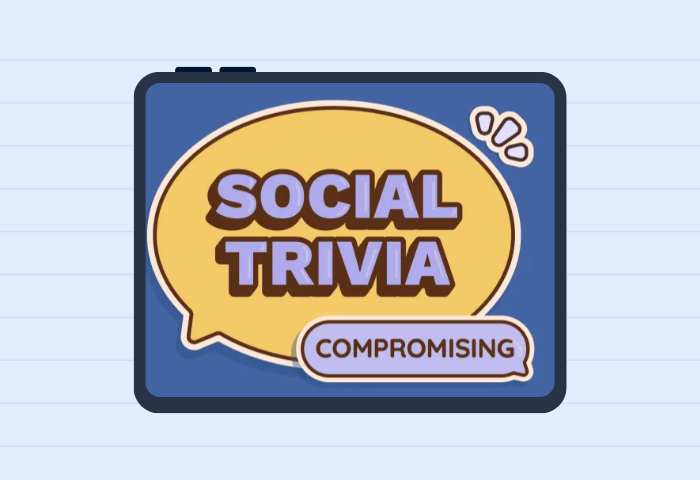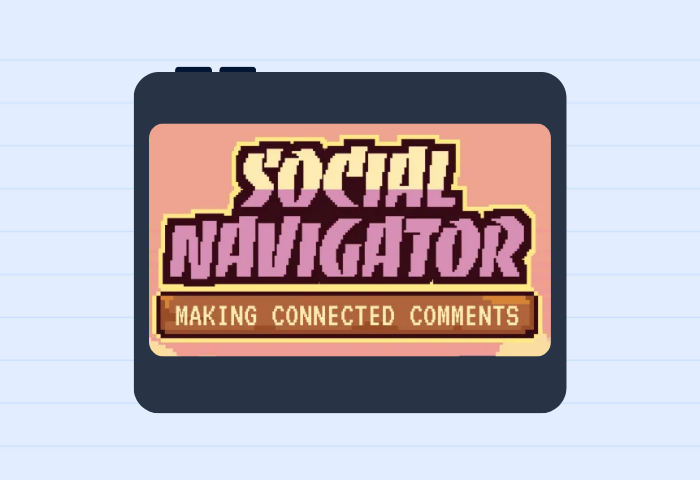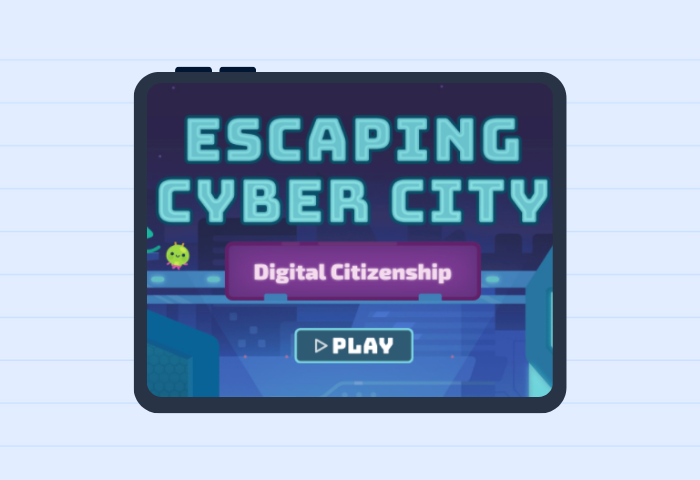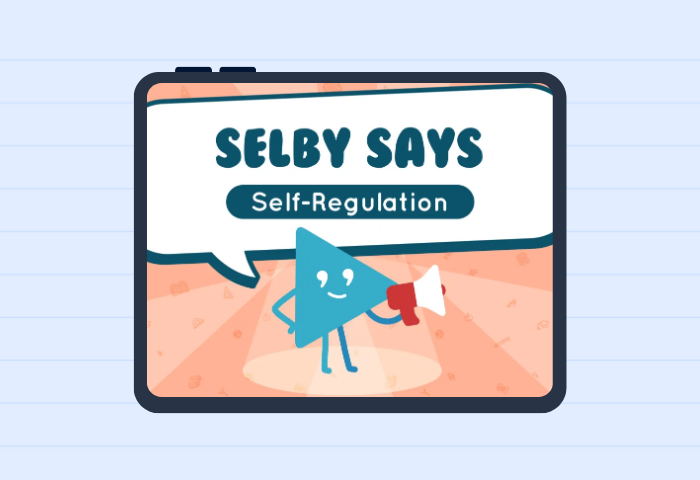Get free social skills materials
No-prep lessons on self-regulation, emotional recognition, conversation skills, and more.
Sign up hereToday, schools operate as intricate ecosystems, where school culture significantly shapes the well-being and achievement of students and educators. Amid escalating rates of teacher burnout, a mass exodus from the profession, and increasing student disengagement, educational leaders face pressing challenges.
fdh
This article delves into a crucial yet frequently overlooked aspect of these challenges: the role of social skills. With a focus on cultivating social and communication skills in our students, we can begin to mitigate these widespread issues at the root. This article not only reviews available literature but also offers concrete recommendations and identifies best practices.
Our goal is to provide educational administrators and teachers with practical, actionable strategies to enhance school culture and positively transform the educational experiences of both students and staff.
Executive Summary
Something’s amiss. In the heart of our schools, where learning should ignite curiosity and foster growth, a quiet crisis continues to simmer. Despite teachers pouring in countless hours, commitment, and passion, the expected return on student engagement remains elusive.
According to a 2021 report by the RAND Corporation, job-related stress among educators has reached critical levels, with a significant number of teachers experiencing high levels of burnout and depression, with many not seeing a corresponding improvement in student engagement or academic outcomes.
Historically, the cultivation of social-behavioral skills has been sidelined, treated as an afterthought or a secondary skill set that students might acquire passively over time, or that should be left to parents to address at home. Seen as a luxury rather than a necessity, social, communication, and behavioral skills development has frequently been relegated to the margins of the curriculum, squeezed into the dwindling spaces of “extra” time, or dismissed entirely as irrelevant to academic achievement.
Teachers often describe their efforts as relentless, like pouring water into a sieve—tireless yet yielding no tangible results.
This distressing scenario brings to mind the wisdom of Desmond Tutu: “There comes a point where we need to stop just pulling people out of the river. We need to go upstream and find out why they’re falling in.” In our educational institutions, “going upstream” signifies a strategic pivot to confront the root causes of systemic issues—beginning with a fundamental yet often neglected element: socia skills.
The Problem: Teacher Burnout and Student Disengagement
The Persistence of Teacher Exhaustion and Burnout
Teacher well-being and student engagement are critically intertwined, yet they often take a backseat to the rigorous pursuit of academic excellence and escalating expectations on both educators and learners.
Teacher burnout has reached alarming levels, presenting a formidable challenge to educational stability and effectiveness. According to Gallup, 39% of K-12 teachers in the United States reported feeling burned out Always or Very Often in 2023, compared to 26% in other occupations. The National Teacher and Principal Survey conducted by the National Center for Education Statistics (2021) found that over 60% of teachers report experiencing job-related stress frequently.
Escalating Student Disengagement
Alongside teacher burnout, student disengagement is a growing concern. The Gallup Student Poll illuminates a stark reality—only about half of upper secondary students feel engaged by their educational experiences, with engagement levels tapering off as students age. This disengagement is further compounded by educational environments that fail to adapt to the diverse needs of the student body.
Furthermore, studies emphasize that social skills are not just beneficial but necessary, particularly in the wake of lingering stressors from the COVID-19 pandemic. Schools integrating comprehensive social skills curriculum see improvements in student behavior, engagement, overall school climate, and teacher satisfaction.
The Solution: Social Learning as a Catalyst
Integrating Social Skills
Social skills equip students with the tools to manage emotions, build relationships, and make responsible decisions. Research highlights that social skills not only enhance academic achievement but also positively influence students’ attitudes toward school and foster prosocial behaviors.
Fostering Pragmatic Language Skills
Understanding non-verbal cues, grasping idiomatic expressions, and navigating conversations are not just nice additions; they’re essential for social success. Everyday Speech’s curriculum brings these skills to the forefront, using interactive lessons and video modeling to present social scenarios in a way that’s both relatable and impactful.
Promoting Self-Regulation and Executive Functioning
Self-regulation and executive functioning are essential tools for navigating the complexities of life. Everyday Speech’s curriculum is designed to sharpen these abilities through engaging mindfulness exercises and cognitive-behavioral strategies.
Harnessing the Power of Video Modeling
By featuring diverse, same-age actors, Everyday Speech’s videos present social concepts in a way that’s easy to relate to and understand. Video modeling is a powerful tool that makes learning accessible and engaging for all students.
Leveraging Gamification and Digital Tools
Gamification significantly boosts skill mastery, retention, and overall satisfaction. Everyday Speech uses these proven methods to make learning both impactful and enjoyable, ensuring students stay engaged and motivated.
The Role of Administrators
Administrators play a crucial role in shaping environments that prioritize teacher well-being and mental health. Their leadership is key in developing policies that allow teachers the flexibility to innovate and adapt their teaching methods to meet diverse student needs.
Beyond policy-making, administrators must also prioritize open communication. Regular check-ins and forums for teachers to voice concerns ensure that teachers feel heard, valued, and supported. The success of a school depends on the well-being of both students and teachers.
Call to Action
To all educational leaders, administrators, and policymakers: the time to act is now. The challenges of teacher burnout and student disengagement are urgent, but they are not insurmountable. When we prioritize social skills and teacher well-being, we can create schools where both students and educators thrive.
Take the first step by reviewing your current policies, practices, and curricula. Identify areas where you can integrate social skills, streamline teacher workloads, and foster a more collaborative school environment. Engage with your educators, listen to their needs, and empower them with the tools they require to succeed.
At Everyday Speech, we’re here and ready to help. Let’s work together to transform our schools into places where learning is not just about academic achievement but about developing the whole person—students and teachers alike.

